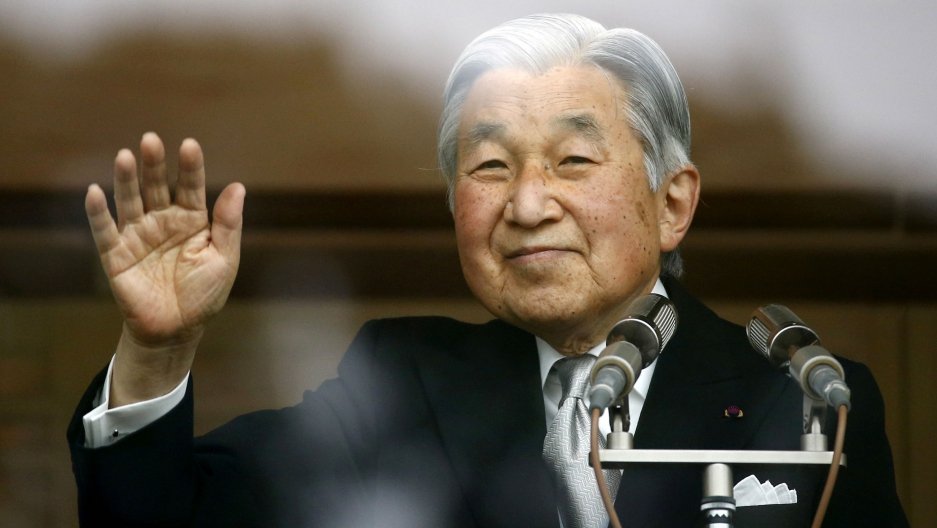TOKYO: Japan’s Emperor Akihito will step down from the Chrysanthemum Throne on Tuesday, the first abdication in the world’s oldest imperial family for two centuries, ending 30 years of his popular reign and ushering in a new era.
Celebrations are planned across the country as the famously hard-working Japanese enjoy an unprecedented 10-day holiday with a series of special days off combining with the traditional “Golden Week” in May.
Akihito’s eldest son, 59-year-old Crown Prince Naruhito, will take the throne the following day in a series of solemn ceremonies, receiving the imperial regalia — an ancient mirror, sword and jewel — considered crucial evidence of an emperor’s legitimacy.
The abdication brings down the curtain on the current “Heisei” era, which started in January 1989 at the height of Japan’s economic boom, and kicks off a new imperial era called “Reiwa” meaning “beautiful harmony”.
The popular Akihito, 85, stunned the nation in 2016 when he signalled his desire to take a back seat, citing his age and health problems — he has been treated for prostate cancer and has also undergone heart surgery.
There have been abdications in Japan’s long imperial history, which has mythological origins and stretches back more than two millennia, but the last one was more than 200 years ago.
app











